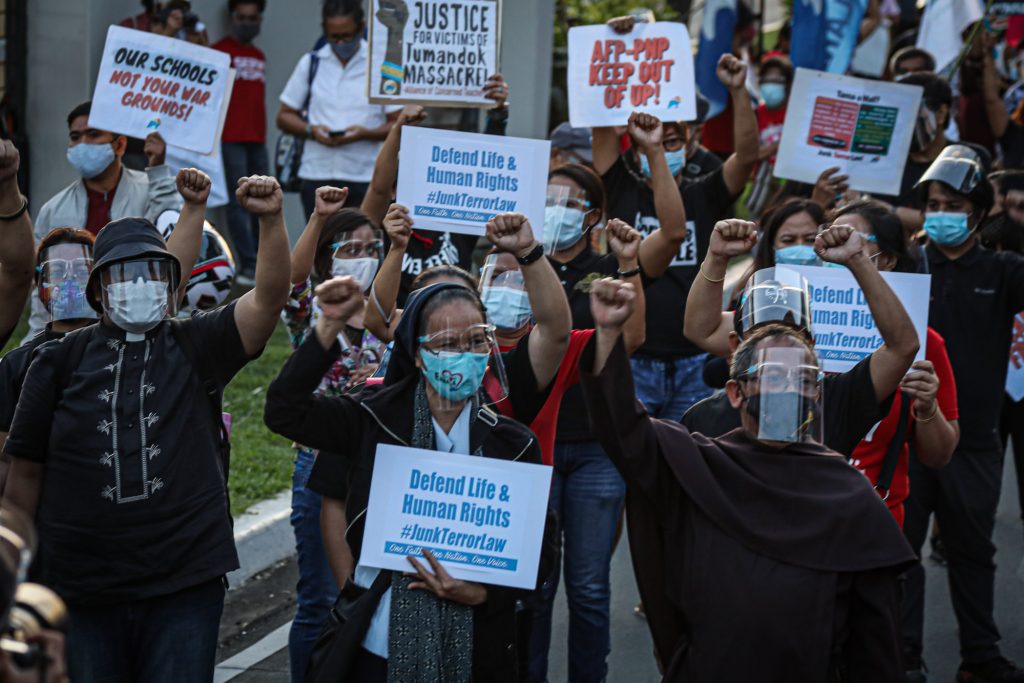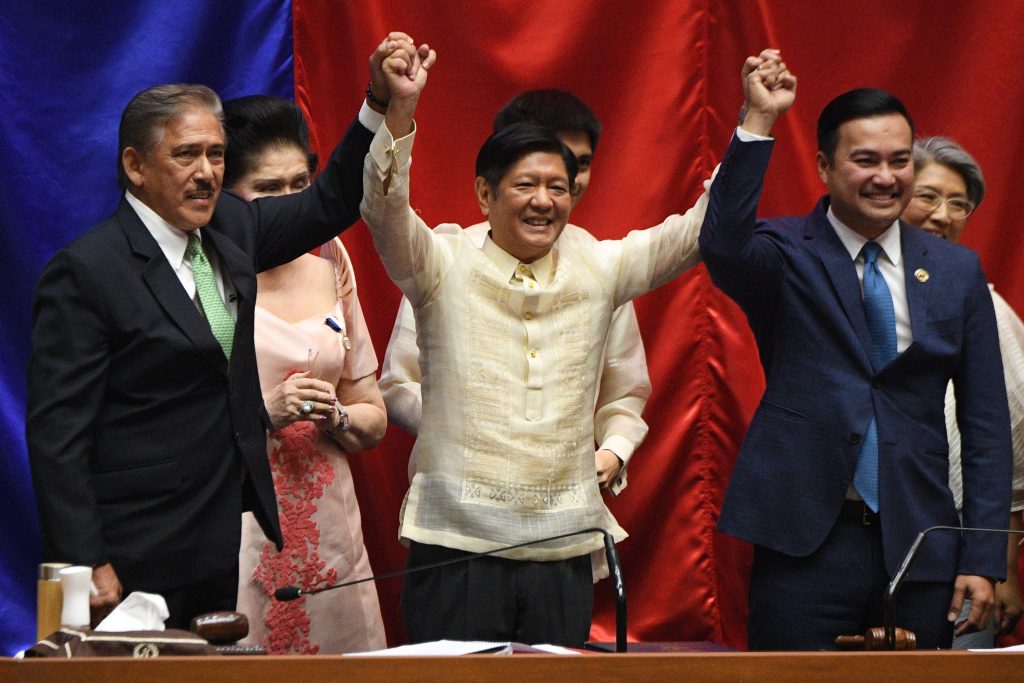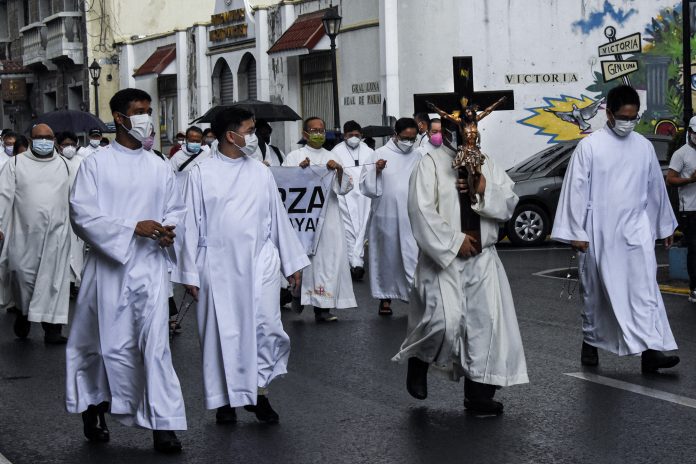Mixed reactions from among the faithful greeted the statement of Caritas Philippines that called for “principled cooperation” with the incoming administration of Ferdinand Marcos Jr. and Sara Duterte this week.
“It is a time of horse trading with the realignment of traditional politicians in power,” said Father Robert Reyes, who is known to be critical of government policies that affect the poor.
“We need to be careful on how to deal with [the incoming administration],” he said.
Caritas Philippines, the social action arm of the bishops’ conference, said in a statement that “it will exercise principled cooperation” with the incoming administration.
“We will, as always, exercise principled cooperation with the government,” read a statement released by the organization on Thursday, May 26.
“As such, we will support all [Marcos] administration’s programs that will respect the rights and dignity of the Filipino people,” it added.
Laiko warns against ‘motherhood statements’
Jun Cruz, president of the Sangguniang Laiko ng Pilipinas, said he agrees with the statement of Caritas Philippines but warned that the Church must “veer away from issuing motherhood statements.”
He said the Church should “pro-actively engage and address the foundational footings, which have been shaken and weakened through the years.”
“Wherever we are, let us rise up, act and simply do the right things in our circles of influence,” said Cruz.
Missionary priest Flaviano Villanueva, who is known for his work with homeless and with families of victims of extrajudicial killings, questioned the wisdom behind the so-called “principled cooperation.”
“What principles do we set with someone who has no moral principles to show and begin with?” said the priest, a member of the Society of Divine Word congregation.

Father Villanueva recalled that the Catholic Church in the Philippines during the time of Marcos Jr.’s father, the late dictator Ferdinand Marcos Sr., also “collaborated” with the government.
The late Cardinal Jaime Sin of Manila described the relationship between the Marcos Sr. administration and the Philippine Catholic Church during that time as “critical collaboration.”
Several pronouncements of various Church leaders, however, showed that the relationship was “largely more critical and prophetic than collaborative,” according to an article posted on the bishops’ conference’s website.
The tendency of Church leaders to criticize and at the same time to collaborate with the succeeding administrations continued even until the time of President Rodrigo Duterte who repeatedly attacked the Catholic Church and its leaders.
In 2018, the Catholic Bishops’ Conference of the Philippines announced that it was willing to continue a “critical collaboration” with the Duterte administration.
In a pastoral exhortation titled “Rejoice and be happy,” Archbishop Romulo Valles, president of the conference, however, said the Church does not accept any compromise on its fundamental teachings.
“The Church respects political authority, in particular democratically elected government officials, demanding respect for the basic spiritual and moral principles that are dear to us, such as the sacredness of life, the integrity of creation, and the inherent dignity of the human person,” he said.
He said “critical collaboration” only means that in some cases there are “shared efforts” while on, some specific questions, collaboration “is not possible because of our spiritual and moral values.”

In such cases, the Church “can only invoke our right to conscientious objection,” wrote the former head of the bishops’ conference, adding that the Church recognizes the “constitutional separation between Church and state.”
Father Antonio Labiao, executive secretary of Caritas Philippines, said that the organization will cooperate with government initiatives that are aligned “with the values of the Church,” including those that are in pursuit of the common good, integrity of life, and ecology.
He said, however, that Caritas Philippines will hold Marcos and Duterte accountable, especially of their promises during the political campaign.
“We will always oppose, otherwise. That’s where our prophetic roles begin. We have to champion despite the risks,” said Father Labiao.
Caritas Philippines was established by the bishops’ conference in 1966 and was mandated to “accompany the poor and marginalized in the just and legitimate struggle for social justice and transformation.”
Father Villanueva said the organization “can proceed” with its relationship with the new administration, “but with great caution.”









